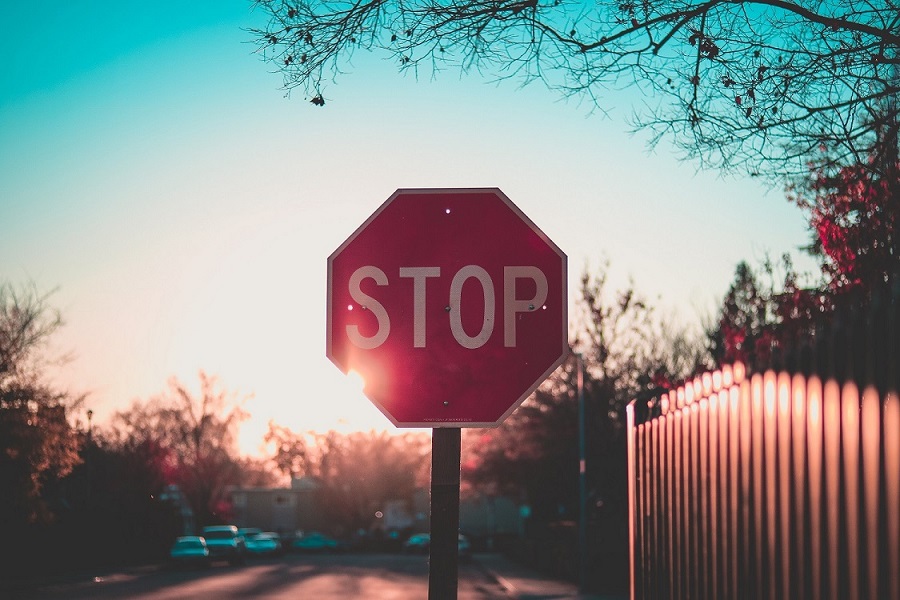Every writer has heard the golden rule of writing a manuscript: write first, edit later. But when the first, second, and third drafts are done, when does the editing process actually conclude? Other than the hard deadline of sending a manuscript to print, editing can seem like a never-ending process without a real due date. But over-editing can be detrimental to your manuscript. So if you feel stuck in a rut while editing, here are a few tips to help you know when you’ve reached the end of the editing process.
Your changes are becoming smaller.
Once you’ve reached the end of your first draft and started the editing process, you’ll probably find yourself addressing plot holes and other areas that need improvement. As you continue to edit, however, there will be fewer and fewer big-picture issues that need addressing. If you find yourself mulling back and forth over a comma here and there, the wording of a specific sentence, or moving paragraphs around, it’s probably time to take a step back. If you have time, spend a few weeks thinking about your story. Plot out key points and how they tie together to form your unique narrative. Do any moments feel like a stretch or unnatural for your characters? Does that edit actually improve your manuscript, or is it just something to change? If you struggle to come up with changes you feel strongly about, you have probably reached a point where you are no longer improving your story, just making it different.
You’re editing without a second opinion.
Writing in any form is challenging, and showing your work to others is an even harder step to take. Editing can prevent your writing from getting to those who can look at it with fresh eyes and suggest changes that could help you write a stronger, more cohesive story. Remember that you know your story and your characters better than anyone, and not every suggestion has to be, or should be, followed if it doesn’t feel right. No first draft is perfect or the best your writing can be, but keeping your writing to yourself can lead to overlooking edits that may lead to a stronger story. Unless you are writing a story just for yourself, a second pair of eyes will bring forward any gaps you might have missed and allow you to polish your manuscript in exactly the right places without over-editing or focusing on minute changes.
Trust your instincts.
This may be the most challenging step of your editing journey, but you are the expert at telling your story, and only you can tell when it’s finished. If you find yourself going back time and time again to make the same changes or struggle to find anything you want to change, trust yourself to know when you’ve reached your final draft. Writing a manuscript is a huge feat, and your writing will be stronger by the end of it. Even if this is your first journey in writing, you have a stronger instinct than you might realize. Trust that you know your characters and lean into the sense of knowing when their story has reached its final iteration.
Writing may be a challenge in and of itself, but editing is another beast every writer must face. It may be scary to let your work go and say that it’s finally done, but your writing will be stronger for it. Over-editing can make a piece of writing feel overly structured and potentially limit your reader’s connection with the words on the page. While it’s easier said than done, don’t be afraid to send an imperfect draft into the world—it’s better than you think it is.
Happy editing!

